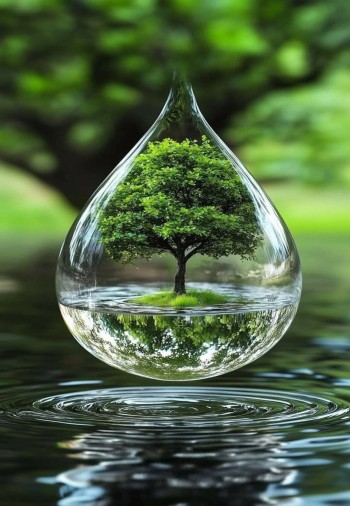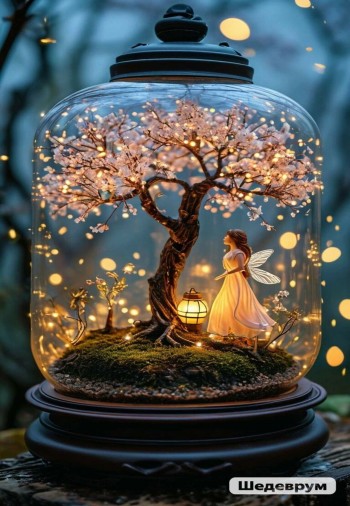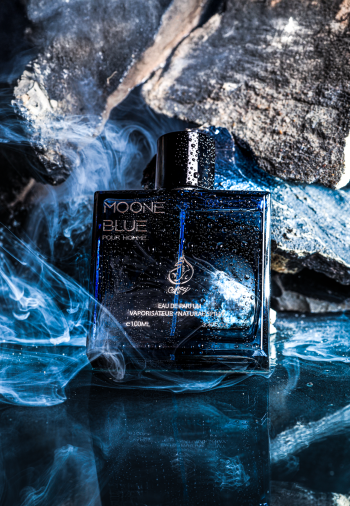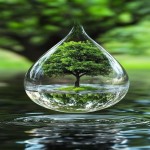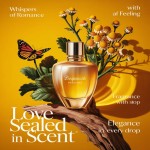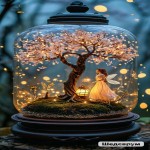Introduction
Since the dawn of humanity, people have sought to beautify their lives and surroundings with the scents of nature. Over time, perfumes have evolved beyond simple fragrance enhancers to become a language of taste, identity, and social status. Join us on a journey through time as we trace the history of perfume from its humble beginnings in ancient civilizations to its present status as a global industry full of creativity and innovation.
Perfume in Ancient Civilizations
🌿 Ancient Egypt
The Egyptians were among the first to use perfumes in daily and religious life. Incense was burned in temples, and rose and sage oils were used in the mummification process. Perfumes symbolized purity and closeness to the gods.
🐫 Mesopotamia and Persia
The Sumerians and Babylonians knew of perfumes and mixed them with plant oils and spices. The Persians developed advanced distillation techniques to extract essential oils, laying the groundwork for modern perfumery.
The Islamic Golden Age: Leadership and Innovation
Muslim scholars revolutionized the world of perfume by advancing distillation methods and introducing alcohol as a solvent. The renowned scholar Avicenna (Ibn Sina) was one of the first to distill rose water, an invention that reshaped the perfume industry. Perfumes flourished in Islamic cities like Baghdad and Damascus and were a key part of trade and culture.
Europe and the Fragrance Renaissance
With the Crusades and increased trade, perfume-making techniques made their way to Europe. During the Renaissance, perfumes became a staple in royal courts, particularly in France, which later became the perfume capital of the world.
Modern Perfumes: A Fusion of Art and Industry
In the 20th century, major perfume houses such as Chanel and Dior emerged, turning perfumery into a refined art form. Perfume concentrations began to be classified by intensity and longevity, while marketing strategies focused on emotions and memory, making perfume a unique personal signature.
Conclusion
Perfume is more than just a pleasant scent—it's a story preserved in our memory, a part of our human and cultural heritage. From the incense of ancient temples to the elegance of modern perfume bottles, the world of fragrance continues to write new chapters in human history, linking the past and present through unforgettable aromas.


